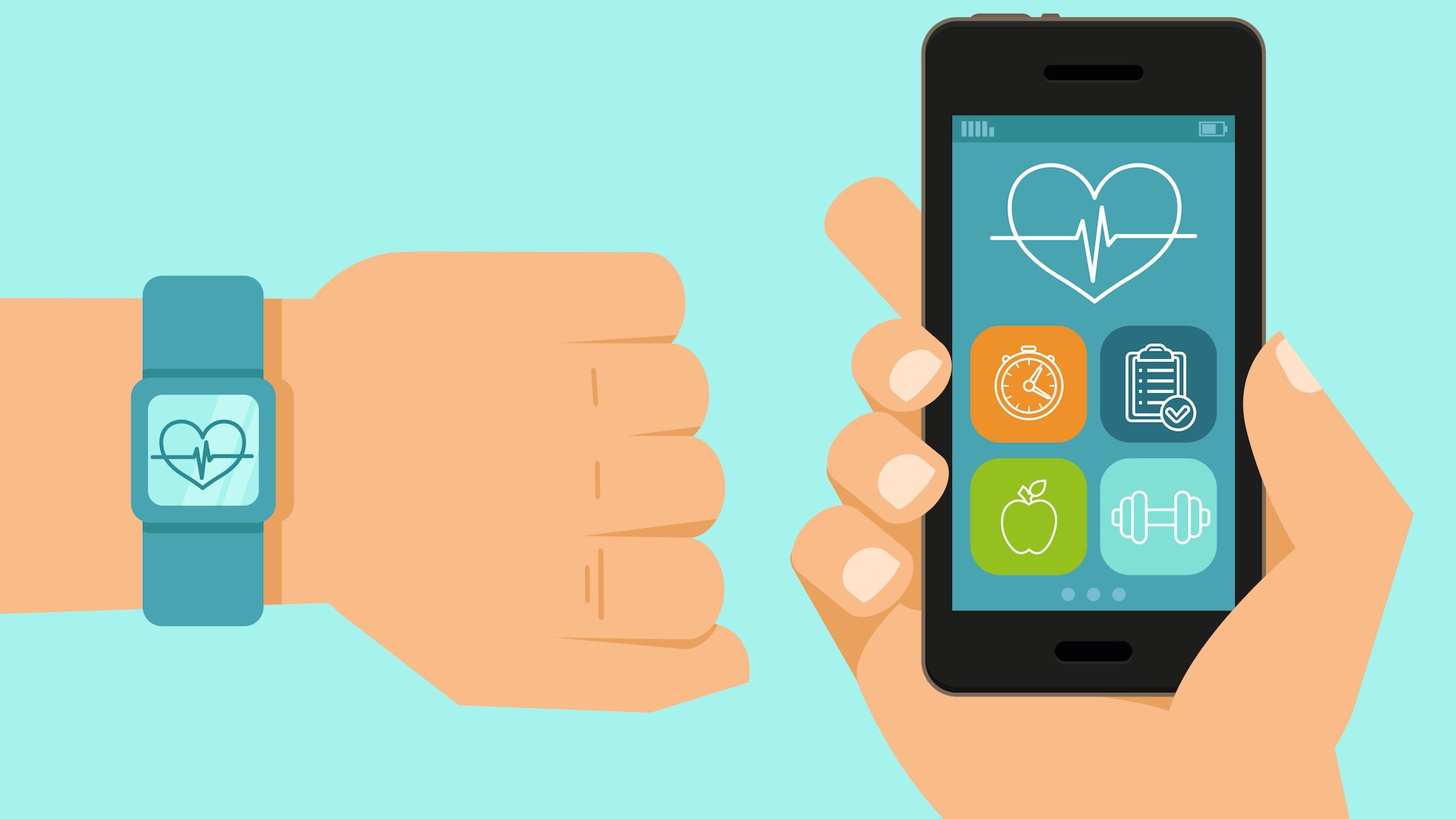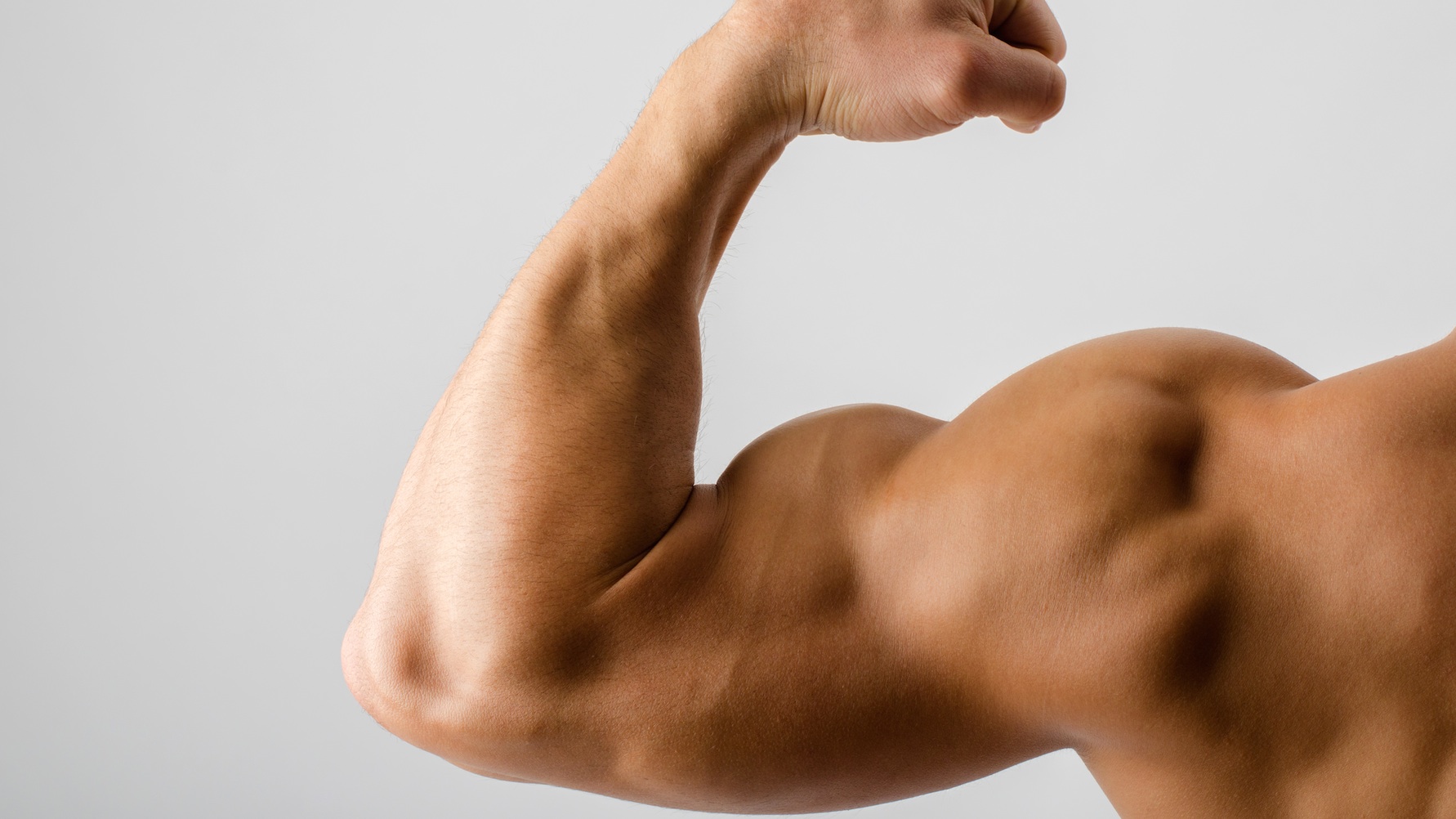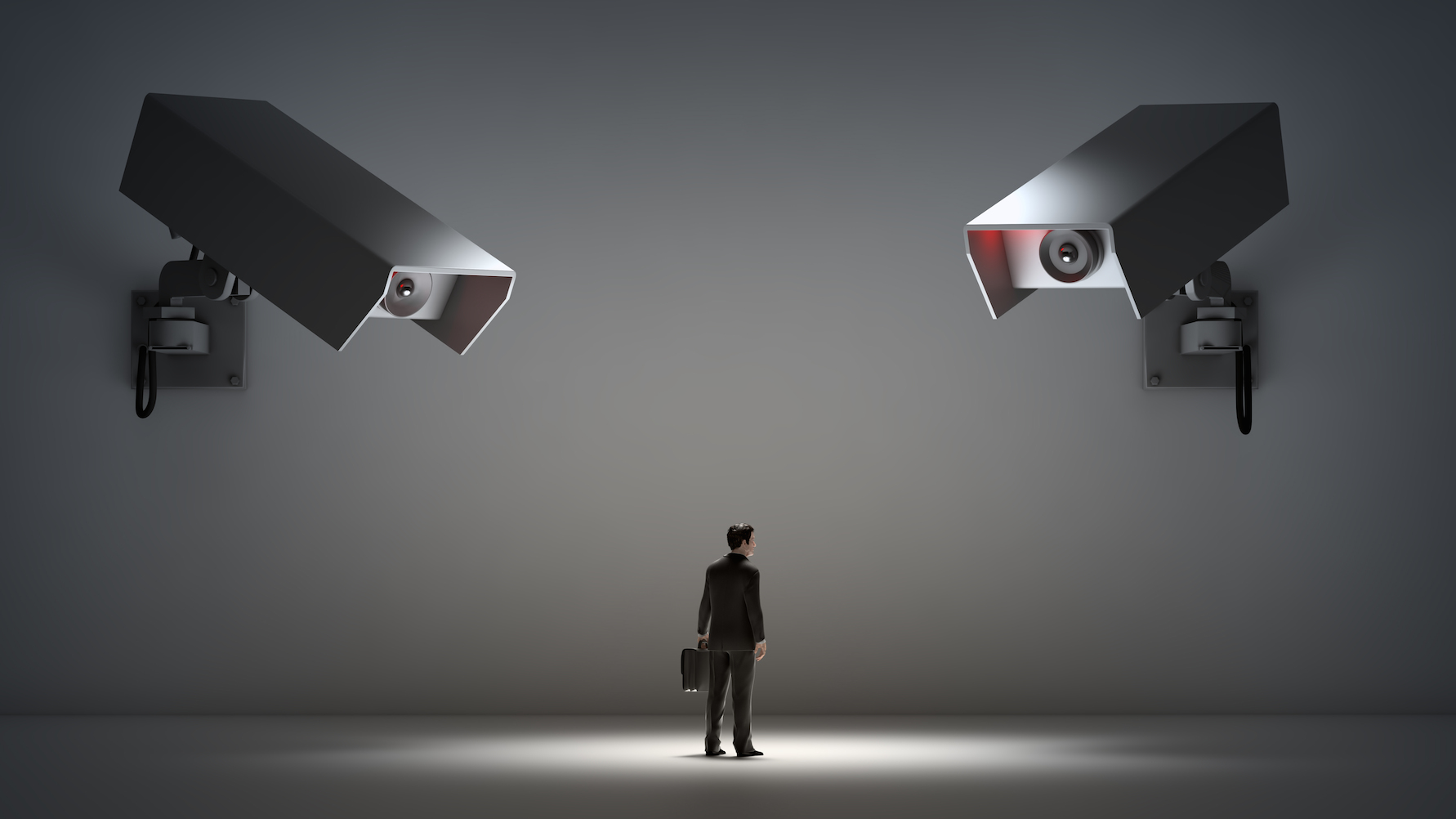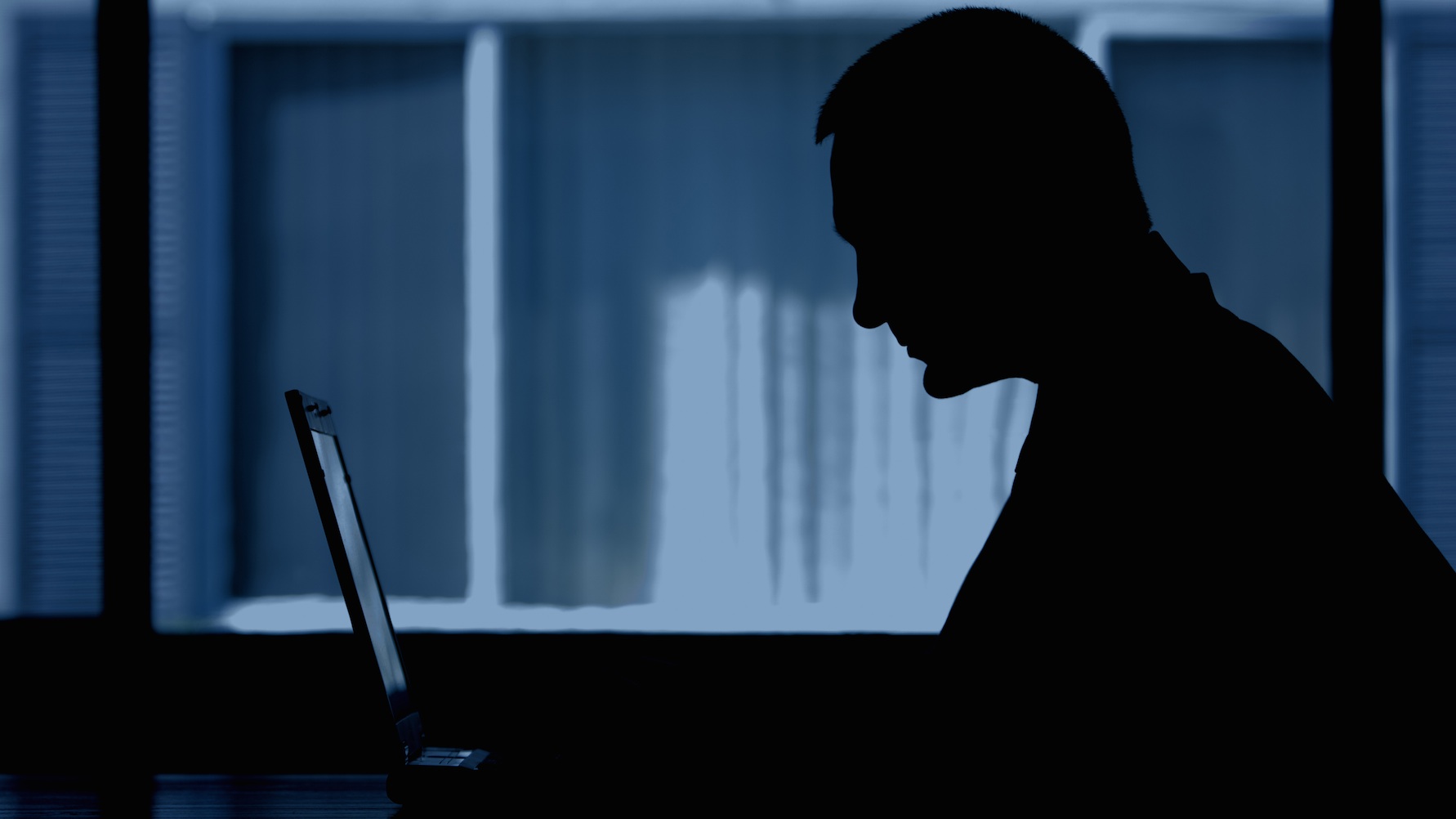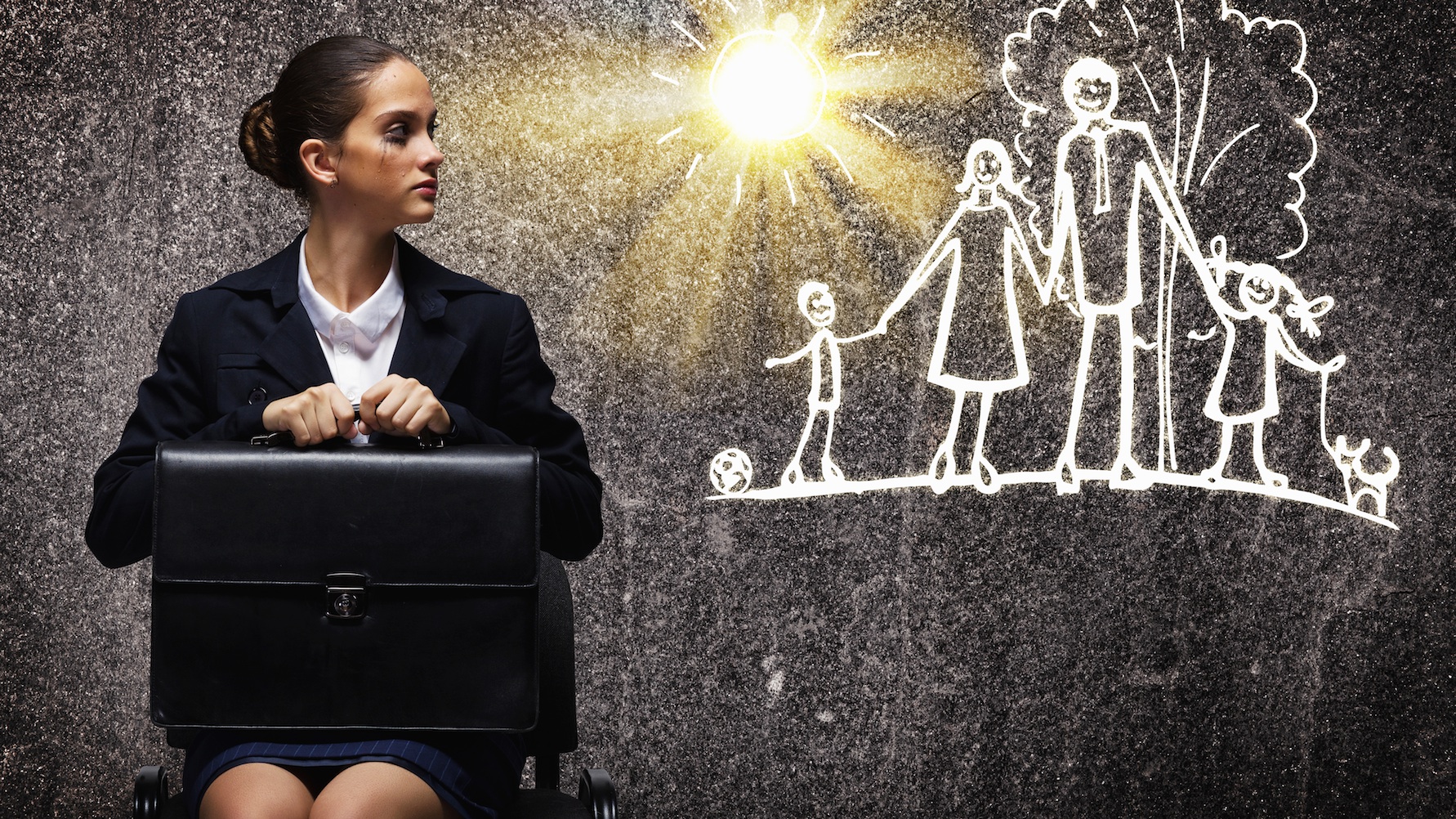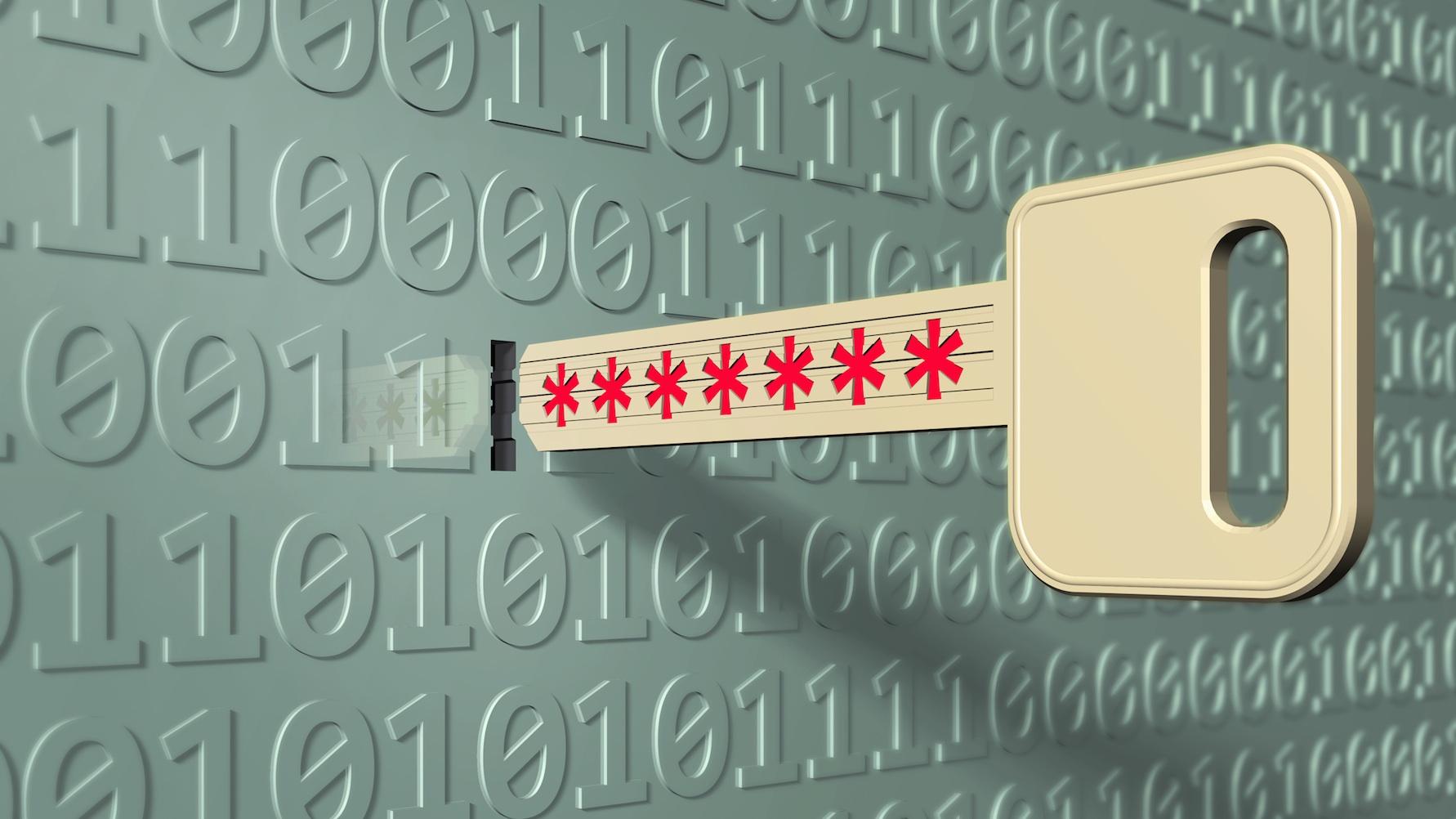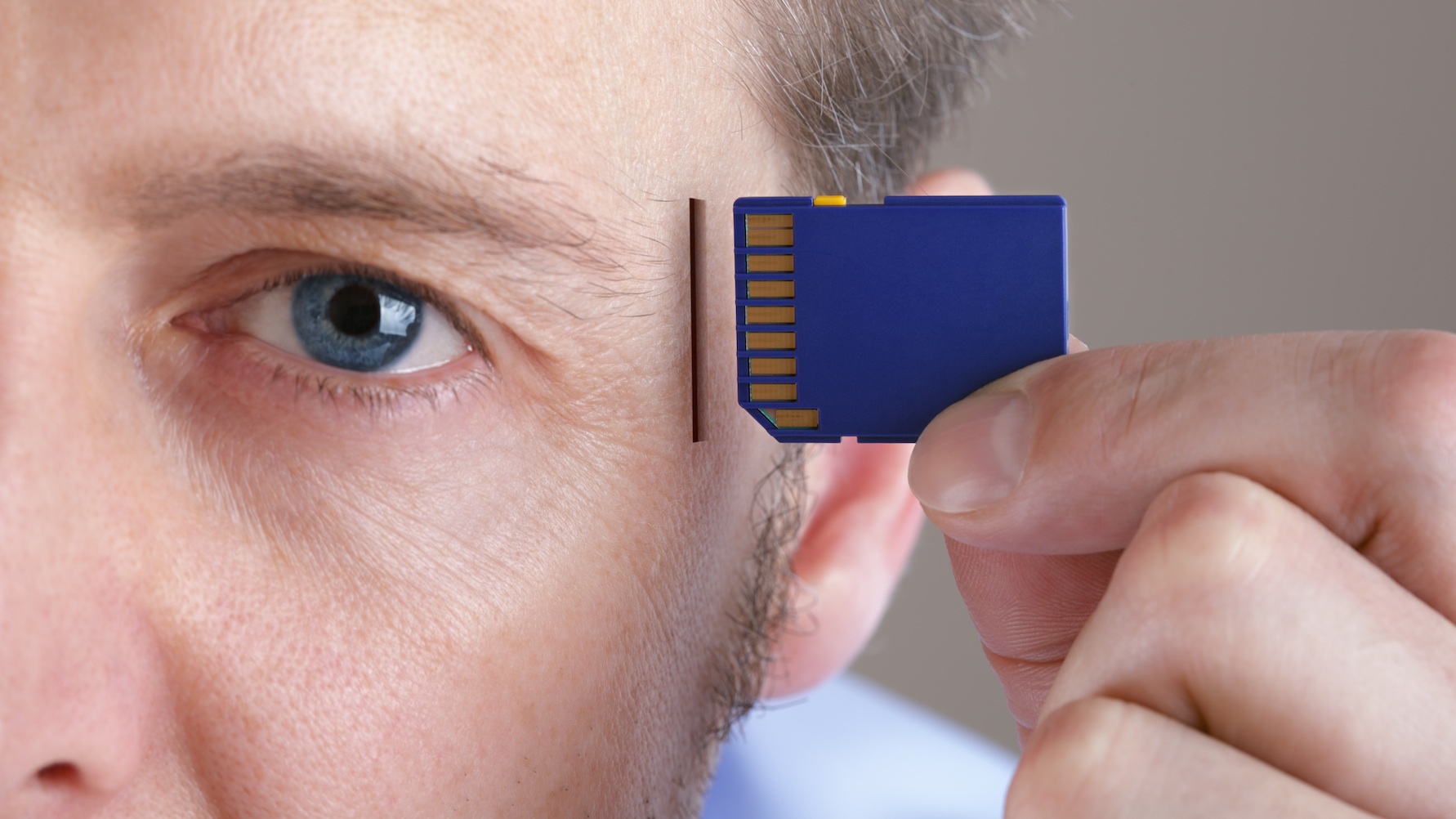Natalie Shoemaker
Contributing Writer
Natalie has been writing professionally for about 6 years. After graduating from Ithaca College with a degree in Feature Writing, she snagged a job at PCMag.com where she had the opportunity to review all the latest consumer gadgets. Since then she has become a writer for hire, freelancing for various websites. In her spare time, you may find her riding her motorcycle, reading YA novels, hiking, or playing video games. Follow her on Twitter: @nat_schumaker
How you empathize with a stranger all depends on how stressed you are in that moment. A recent study shows that stress hormones have the power to “veto” our empathic abilities.
Exercises that call for people to blindfold themselves in order to experience what it’s like to be blind may hurt perceptions of those who are disabled rather that help those with sight understand.
There’s a saying: Put a sweater on if your mother feels cold. It may seem silly, but a recent study shows that feeling cold can, indeed, be contagious.
A new program out of Washington DC’s Public Library will attempt to answer some of the most important questions about personal privacy and security in America today, as well as show people how to use Tor.
The internet comments provide a means for researchers to asses people’s uninhibited, inner thoughts and feelings that they may not otherwise express if they weren’t anonymous. So, what do they have to say about women in STEM fields?
After a long day or week at the office it may feel appropriate to kick back with a beer. But a recent study has found workers who clock-in more and 48 hours in a week run the risk of developing a unhealthy alcohol habit.
Sleep plays a major role in our health. Adults who miss sleep tend to drag through the day, but for kids it plays a major role in their development and may have links to performance in math and language.
Up until the 1980s women made up a large part of the computing industry with 37 percent of women graduating with degrees in Computer Science. So, what happened to all the women? Advertising.
Fitness wearables do have the ability to facilitate change. But not if 42 percent of people stop using them after the first six months.
Smartphones hold so much of ourselves that if we didn’t have them, part of our minds would become inaccessible. So, what happens when you take someone’s smartphone away?
Stanley Milgram found in an experiment how easily one’s own ethics could become compromised in the face of authoritarianism. But Matthew Hollander argues that there’s far more nuance to the participants in his study.
In this digital economy companies want you to own nothing—only own a “license” for a product–which means they could take it back at any time they choose and they have.
A recent study surveying the online photo posting habits of 800 men (ages 18 to 40) found those who posted more images of themselves measured higher for traits relating to narcissism and/or psychopathy.
Jealousy, we’ve all experienced it at one time or another in our relationships. Whether the threat is real or imagined, jealousy has the power to tear relationships apart. But for men and women, it’s usually over different things.
Our minds have the ability to trigger great strength within us, and a recent study shows evidence that the mind can help slow a limb’s muscle loss even when in a state of immobilization.
Breakups, divorces, separations are tough. Friends and colleges will often tell you to “forget about them,” but new research suggests this “get over it” attitude may not be the right course of action.
For the first time at CES, there’s a section devoted to “personal privacy.” Like the fitness wearables of last year, privacy products are gaining ground in this new age of cloud sharing and connectedness.
Fitness enthusiasts often spend extra for energy drinks, packed with electrolytes and sugar, to recover after their workout. But a new study reveals that gym-goers should be bringing milk to help replenish their bodies.
There’s an article out in the ether titled “Why the Amish Don’t Get Sick,” which seeks to explain why we should move away from vaccinations. It’s a dangerous form of pseudo-science, according to Olga Khazan.
The internet of everything is posing to take over our homes and personal lives, allowing use to control and track our lives with ease. But what these devices could say about us, if taken out of context, could be misleading.
Those who work inconsistent work hours may be hurting their health. Recent data revealed nurses who worked the night shift for five years, their risk of death from cardiovascular disease shot up to 19 percent.
Forgiveness is a difficult thing. But not letting go, and keeping all that resentment and blame may cause more harm to overall wellness than good.
If parents want their kids to feel well-rested, it may be best to limit their screen time. A recent study found that kids report feeling as if they haven’t had enough sleep after looking at small screen displays and TVs before bed.
Some disturbing statistics were recently released by a travel website and, if their findings are true, most Americans are throwing away their vacation days.
The second divorce in America took place 372 years ago on January 5, 1643. Records that follow show evidence that the early Puritan settlers of New England weren’t such sticklers when it came to divorce.
Our devices tell us a lot about ourselves, just imagine how much they could reveal if all that information was put on display for a jury of your peers.
Body image acceptance from friends and significant others could help women to lose weight, whereas pressures to shed extra pounds leads to weight gains, according to researchers.
The internet and its design standards are at odds, according to Daniel Kahn Gillmor, a Technologist for the ACLU. In order to fix it, designers need to implement better security standards for communication.
The harmful effects of Tasers are real—not just to the body, but to the mind. At the heels of yearlong study, Lauren Kirchner from Pacific Standard has compiled her data that questions the use of Tasers as a “safer” alternative to a firearm.
What if you could set yourself up to have a different memory in the future? Researchers say just post a false event to your social network feed.








